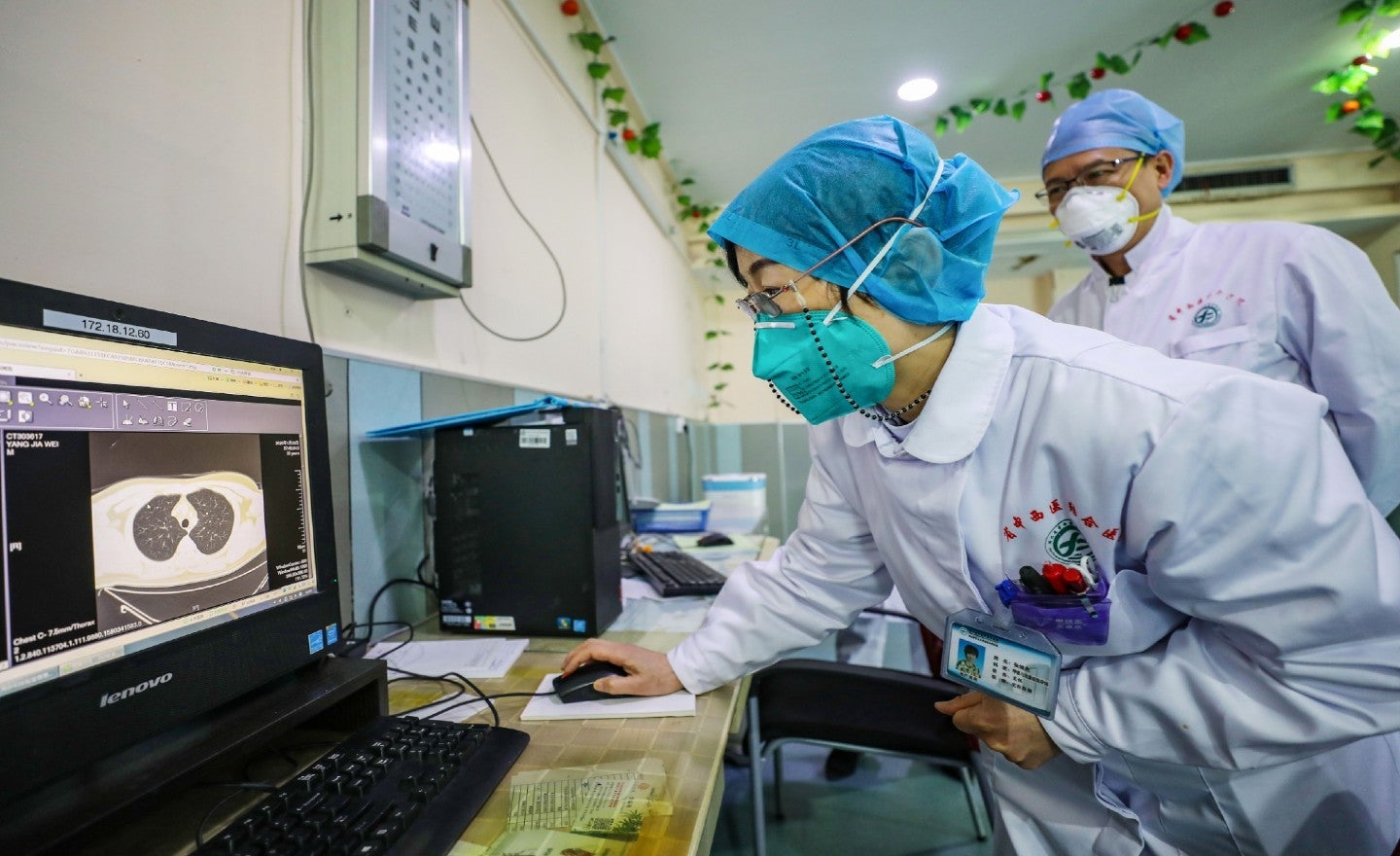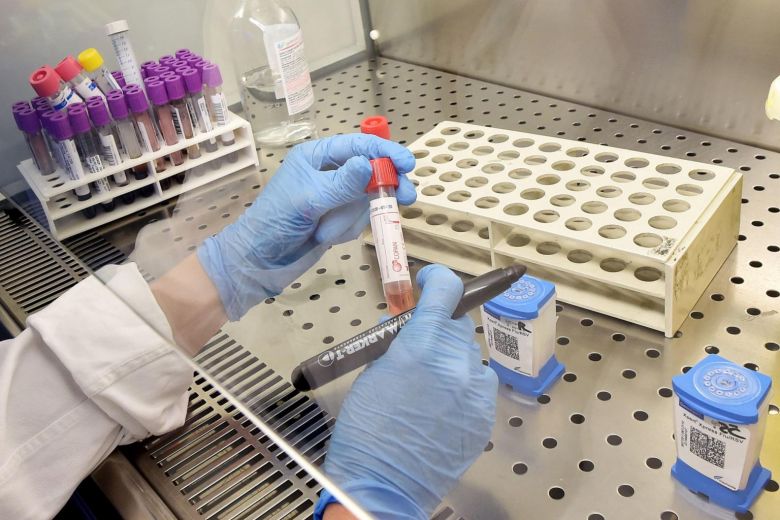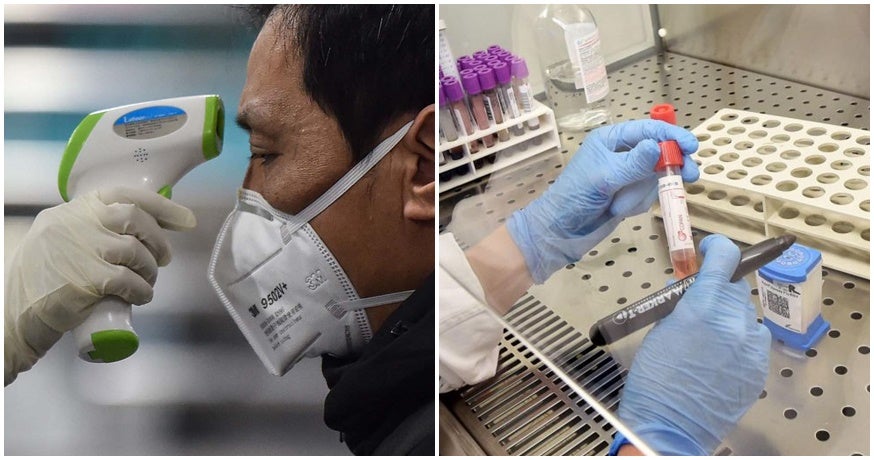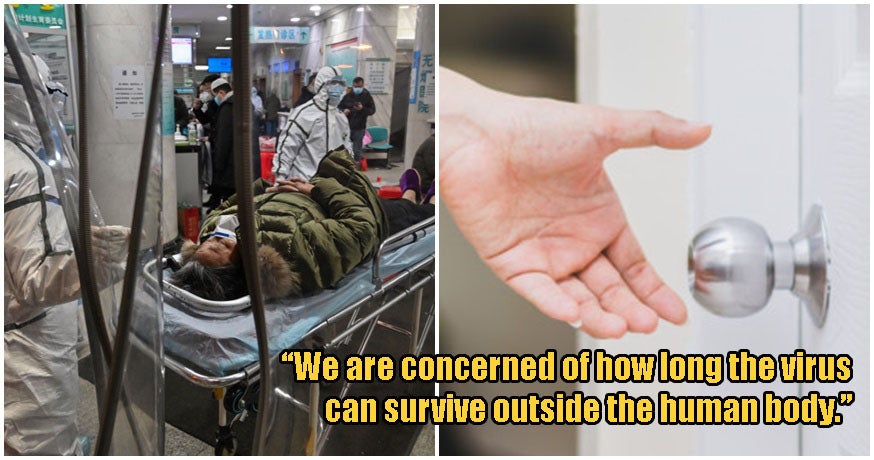If you exhibit symptoms of a virus, it would probably be a good idea to start seeking for medical attention to find out just what exactly it is that you might be suffering from. After all, with the help of doctors and medical testing, finding out if you are suffering from a certain disease should be relatively quick, right?

Source: the hill
That rule apparently doesn’t apply to Wuhan’s 2019-nCov novel coronavirus, as it turns out that the virus, which many people have depended on symptoms to identify, can go untraceable in some instances according to a report by Sin Chew Daily.
This was proven when a 32-year-old man, only known as Zheng, tested negative for the 2019-nCov novel coronavirus over 4 times, each time returning a negative for the disease, before only being diagnosed on his fifth test. Originally from Fujian, China, Mr Zheng visited Wuhan and returned back to his home province on 22nd January 2020.

Source: straits times
Exhibiting possible symptoms of the novel coronavirus such as fever, nasal congestion, runny nose, and fatigue, he was given medical treatment to ease the symptoms, which helped his condition. But he was then quarantined on 29th January 2020 after suffering from muscle aches and fevers two days earlier.
While we may think that’s enough to diagnose him with the novel coronavirus, medical staff who attended to Mr Zheng said that tests conducted on him returned with negative results for the Wuhan novel coronavirus over 4 times.
He was only diagnosed with a positive test result for the disease on the fifth attempt.
Hospital authorities who knew of his travel history to Wuhan had already suspected that Mr Zheng contracted the novel coronavirus before, but could not make a proper diagnosis until tests returned with a positive result. What they didn’t come to anticipate was for his results to come back negative repeatedly, which can indicate that the virus may go undetected during initial testing.
His doctors have said that this isn’t the first case of these tests returning false negatives, and are now concerned about the standardisation and accuracy of the tests used to detect the novel coronavirus infections.
Also read: Traces of Wuhan Coronavirus Found On Doorknobs, Raises Concerns Of Increasing Rates of Infection








































